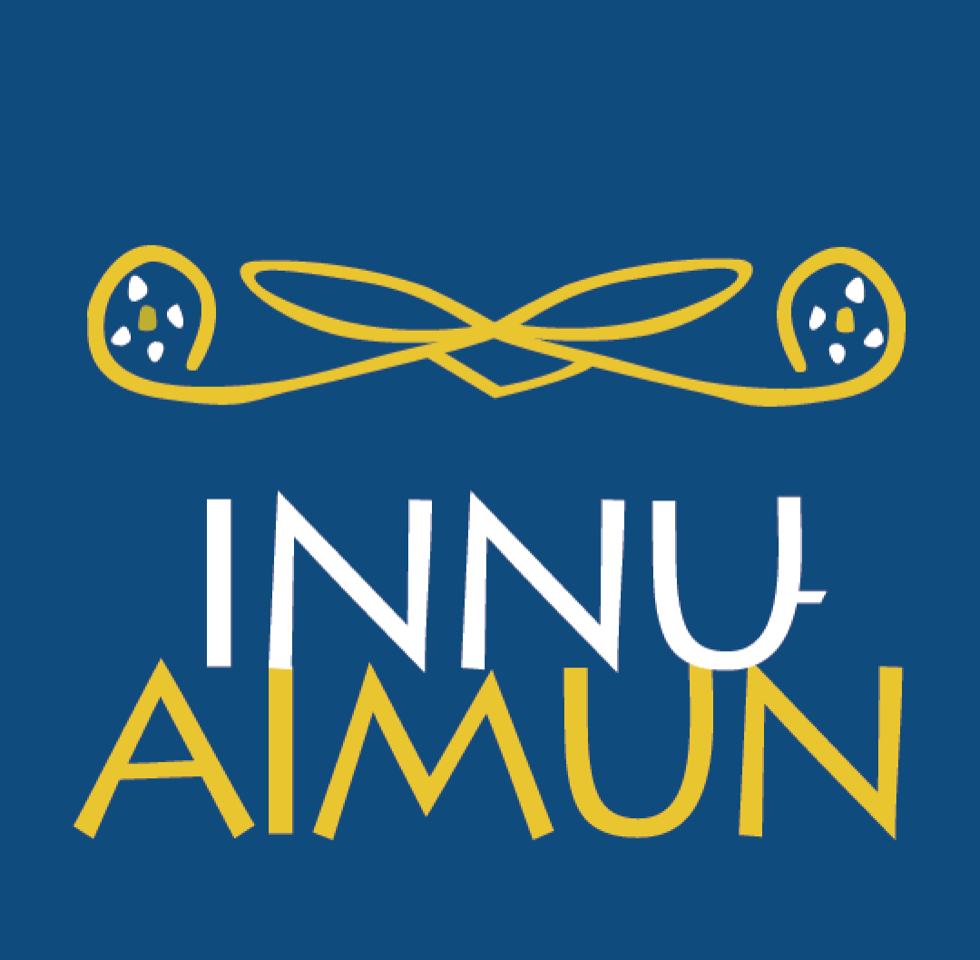| Nipa! | Sleep! |
| Nipakan! | Sleep later! |
| Nipame! | Sleep (when I am not there)! |
The Imperative order is used for commands and requests. Inflection is only for tshin (2), tshinanu (21) and tshinuau (2p). There are three distinctions in the Imperative: an indicative present (or immediate) imperative (#17a), an indicative future (or delayed) imperative (#17b) and an indirect imperative (#17c).
| Persons | Innu | English |
|---|---|---|
| 2 | Nipa! | Sleep! |
| 21p | Nipatau! | Let’s go to sleep! |
| 2p | Nipakᵘ! | (you all) Go to sleep! |
| Persons | Innu | English |
|---|---|---|
| 2 | Nipakan! | Sleep later! |
| 2p | Nipatshekᵘ! | (you all) Go to sleep later! |
| Persons | Innu | English |
|---|---|---|
| 2 | Nipame! | Sleep (when I am not there)! |
| 2p | Nipamekᵘ! | (you all) Sleep (when I am not there)! |
Link to the conjugation guide.
The three Innu imperatives make the following distinctions: do it right away (17a), do it later (17b), and do it when I am not there (17c).
In modern Innu, future and indirect imperatives can merge: Eastern Quebec dialects keep indirect forms (17c), while Western dialects keep delayed forms (17b).
To learn more about Innu imperatives, see: Anne-Marie Baraby. (2009). Un impératif indirect en innu, 41e Congrès des Algonquinistes, Montréal.
…It is possible to have three imperatives in Innu, which constitute different modes than the imperative order, and which each have a set of inflections. Therefore, the least marked imperative serves to express a command given for an action which must be completed in the speaker’s presence and with little to no delay. The indirect imperative deals with completing a command in the speaker’s absence, which is characteristic of the indirect mood and also found in the two other orders: the indicative and the conjunct. Thus, we find the same indicative mood/indirect mood duality in the imperative. This type of information, crucial to Innu speakers, is therefore present when they wish to give commands.
In modern Innu, however, speakers tend to fuse together the delayed and indirect imperatives. The Eastern dialects have retained the -me forms, while the Western dialects have conserved the delayed imperative, perhaps with the sense of an indirect imperative. (Baraby, 2009, conclusion, translation from French).

